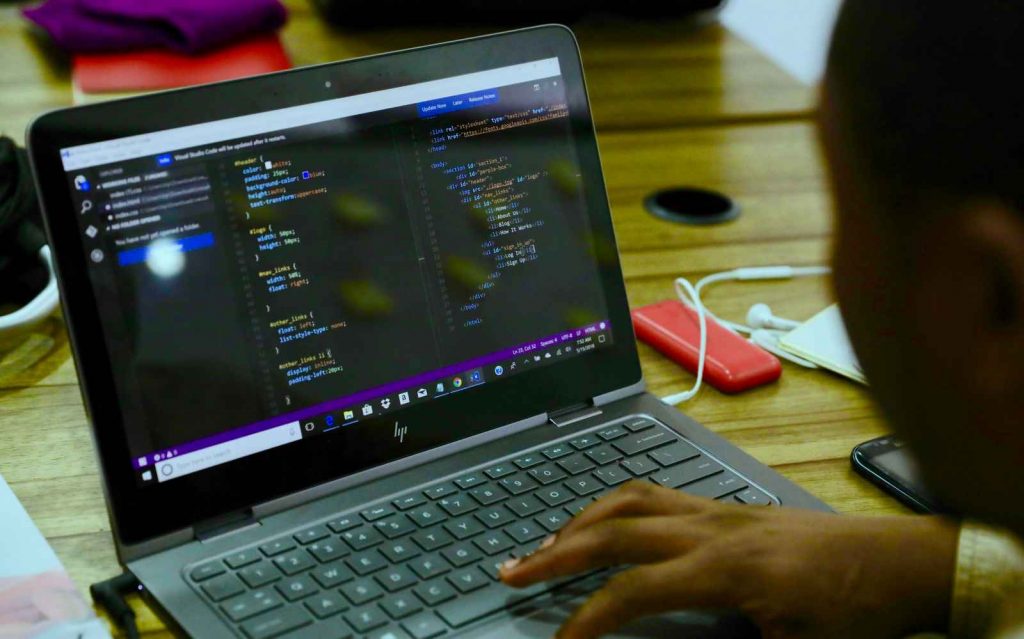Cape Town – Not-for-profit social enterprise Harambee Youth Employment Accelerator has partnered with SiMODisA and South African tech startup Clickatell to launch DigiLink, an incubator programme that aims to upskill unemployed youth to enter the tech economy and secure long-term employment.
DigiLink is an incubator programme that aims to upskill unemployed youth to enter the tech economy and secure long-term employment
No ad to show here.
The partnership is backed by an industry-level coalition focused on the mutual interests of all players to increase total investment, translate this into concrete jobs, and fill them with skilled workers.
Over two-thirds of young South Africans are not employed or trained within 12 months of exiting the schooling system. Seventy-five percent of them have no work experience. According to reports, the ICT sector currently has 66 000 jobs available. Entry-level employees are needed most, with 60% of the available jobs in the sector set aside for first-time workers. The current skills shortage means these roles are often outsourced.
South Africa’s lost export revenue is estimated at R8.5-billion every year. Equipping unemployed youth with the skills necessary to obtain these digital job opportunities will eventually pull this lost revenue back into the economy.
The DigiLink Incubator Programme
DigiLink gives work-seekers 12 months of on-the-job training in a simulated work environment that provides mentoring and training to fulfil available entry-level jobs.
Evan Jones, group strategy director of Harambee Youth Employment Accelerator, says the initiative is an excellent example of early-stage industry-level coordination in which a sector organises itself into an engine of inclusive growth.
“Intra-sector partnerships have proven successful for both job and economic growth in other sectors. I’m encouraged that the digital sector is beginning to coordinate itself in the same way,” he says.
Future tech employees (graduates, those with digital skills certificates, or even self-taught participants) provide digital services like software development, desktop support, and data analysis to working with real clients on projects. They deliver on an agreed scope of work under the supervision of experienced team leads.
“DigiLink candidates are currently fulfilling some of Clickatell’s QA activities which we used to do in the US and Canada; proving that, not only can young South Africans do the work if mentored and supervised appropriately but also that we can re-shore this kind of work and associated revenue,” says Pieter de Villiers, Chairman of SiMODiSA and CEO and Co-Founder of Clickatell.
Kebaabetswe, a current participant says, “DigiLink means financial freedom for me. It’s also a reminder that the dreams of a girl from a small village are valid and that I can achieve anything I put my mind to.”
The real value, though, lies in the networking and connections these young people are experiencing. Nontembosi, another participant, is eager to pay it forward.
“My goal is to mentor young girls who want to enter the IT industry once I get employment,” she says.
Three million young people will actively seek work in the next five years. Skills incubators help to clear the path to employment by providing necessary hands-on experience and real mentorship. Investing in similar incubators in every sector may be the injection our economy needs.
Read more: Township and Rural Entrepreneurship Programme launches
Read more: West Africa tech startups take the stage at AfricArena 2021
Featured Image: Photo by Lagos Techie via Unsplash
